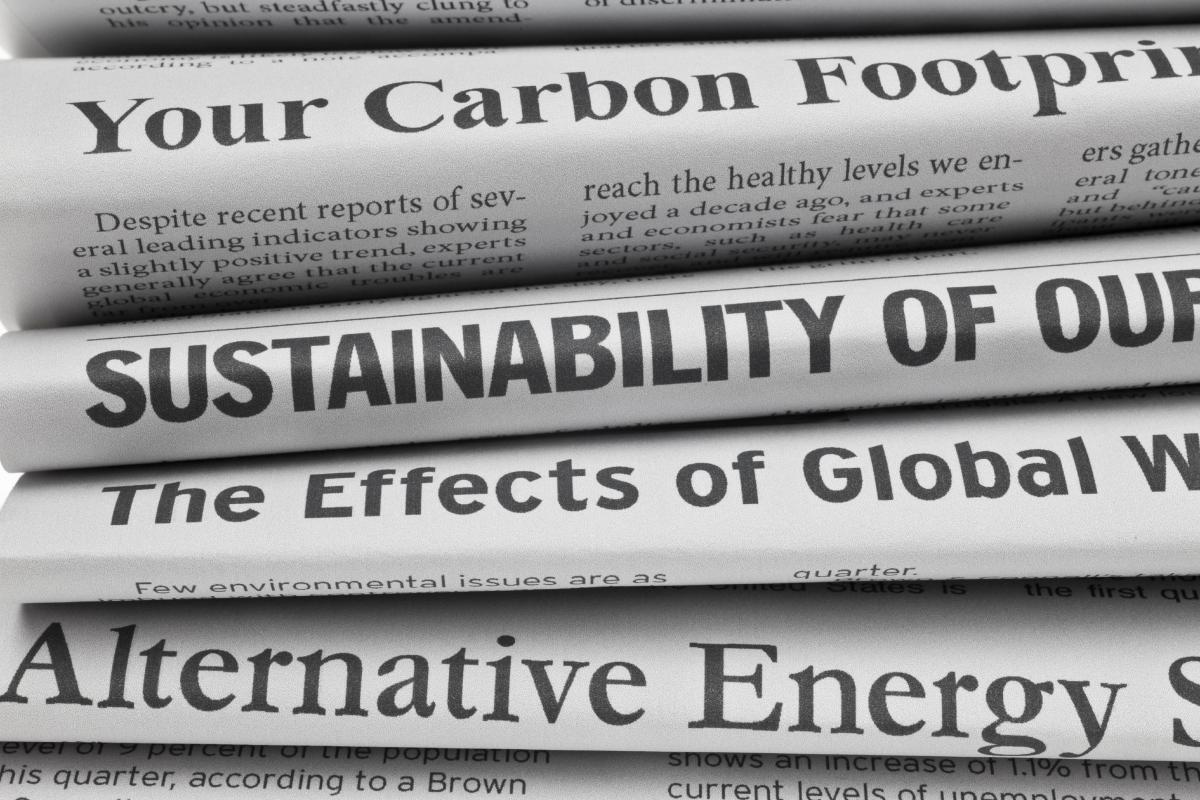In the media: Flawed emissions test; successful policies for renewable support
The Guardian
“UK, France and Germany lobbied for flawed car emissions tests, documents reveal”
The UK, France and Germany lobbied the European Commission to approve car tests that would increase global emissions by 14 percent beyond what was claimed four months prior to the VW emissions scandal, according to documents seen by The Guardian. The same countries are now calling for investigations into VW’s use of software to evade pollution tests, the newspaper writes.
Read the article in English here.
There will be a debate in German parliament tomorrow, 25 September on "Government liability for inapplicable information on petrol consumption and exhaust emissions of cars", see the CLEW calendar here.
Bloomberg
“Merkel’s climate crusading risks being blemished by VW scandal”
The Volkswagen emissions-cheating scandal could sully Germany’s reputation as a model for climate protection, just as Chancellor Angela Merkel heads to New York this weekend to push for environmental responsibility, writes Patrick Donahue for BloombergBusiness. Ferdinand Dudenhoeffer, director of the Center for Automotive Research at the University of Duisberg-Essen, says Merkel’s government has not done enough to push the powerful automotive industry to greener technology like electric cars, according to the article.
Read the BloombergBusiness article in English here.
Fraunhofer ISI
“Successful policy mix supports innovation in renewable power production”
Results from research project “GRETCHEN” show that Germany has seen rapid technological change and innovation in renewable power generation in the past decades - but the trend has recently slowed. Researchers from Fraunhofer ISI, University of Jena and the Institute of Economic Structures Research (GWS) examined the policy mix that Germany uses to promote renewable energy technologies and found that scientific publications, the number of patents, rapidly fallen technology costs and new export markets for German manufacturers were triggered by instruments such as the Renewable Energies Act.
Read the press release in German here.
Download the final results of the study in German here.
Die Zeit
“Oops, we won!”
Energy policy-makers in many parts of the world are closely watching Germany’s transition to green energy, known as the Energiewende, writes Petra Pinzler in Die Zeit, citing a global survey by the World Energy Council. While most countries surveyed were sceptical that they could imitate the German model, two-thirds said they may be able to derive nearly all of their electricity from renewable energy by 2050. This is only possible because Germany has invested in renewable energy technology as part of its 25-year-old Energiewende project, writes Pinzler. Because Germany shouldered these start-up costs for technologies like solar panels – estimated at around 100 billion euros by think-tank Agora Energiewende – and because it has shown the world how an industrial country can move to renewables, others are now following suit, she writes. These include Morocco, Brazil, India, China and Saudi Arabia, which all have their own renewables projects, Pinzer says.


